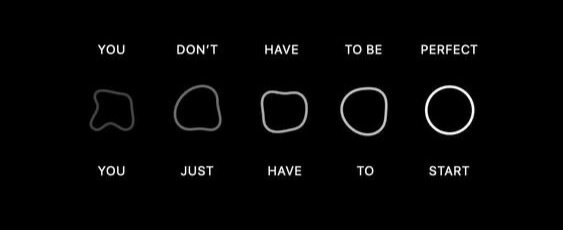Have you seen the APPLE 1?
Yesterday, I was in the Scottish National Museum and what struck my imagination more than any other was the Apple 1.
The Apple 1
Locked behind a glass box, the very first Apple computer was a briefcase of circuits; a detached keyboard that looked more like a typewriter; and an ancient TV box.
I’m currently writing this essay from a MacBook, and it’s simply phenomenal to witness the power of iteration. Most things don’t appear fully formed. They are improved over time through trial, error, and feedback. This allows for prioritising long-term strategies and continuous improvement. It is accepting that the journey is a marathon, not a sprint and perfect is not the goal. But with each attempt, we are open to feedback, to listening and then improving.
This doesn’t just apply to technology — I’ve seen the power of starting small in all types of creative projects.
Around March 2023, a friend of mine, Samuel, was strategising about starting a podcast, Stories that Shape Us. We had conversations on design, choosing an audience, and marketing. As I looked at his podcast ratings at the end of the year, I was awed by the growth, and the magic of just getting started.
You don’t need to have it figured out—just start and commit to small, incremental changes.
Research also backs this up. In a 2021 paper, Güss, Ahmed and Dörner analyzed Leonardo da Vinci’s codexes. These notebooks contained his detailed drawings and sketches which established the foundation for building airplanes and helicopters 400 years later!
Da Vinci's notes and sketches
The researchers noted how da Vinci worked through mental trial-and-error, tweaking his understanding of wind and wing aerodynamics. Like all innovations, his flying machines were improved iteratively by building, testing, and learning.
History shows innovation thrives on continuous improvement. Remember, the journey matters more than reaching perfection. You don’t have to have everything figured out before you start; you don’t need to be perfect during the process. Create version 1, put it out into the world, listen to feedback, then build version 2. It’s not going to be perfect, don’t expect it to be perfect. But be open to learning; then go back and do it again and again and again.
Put something thoughtful into the world this week…even if it’s imperfect!
I hope this helps!


